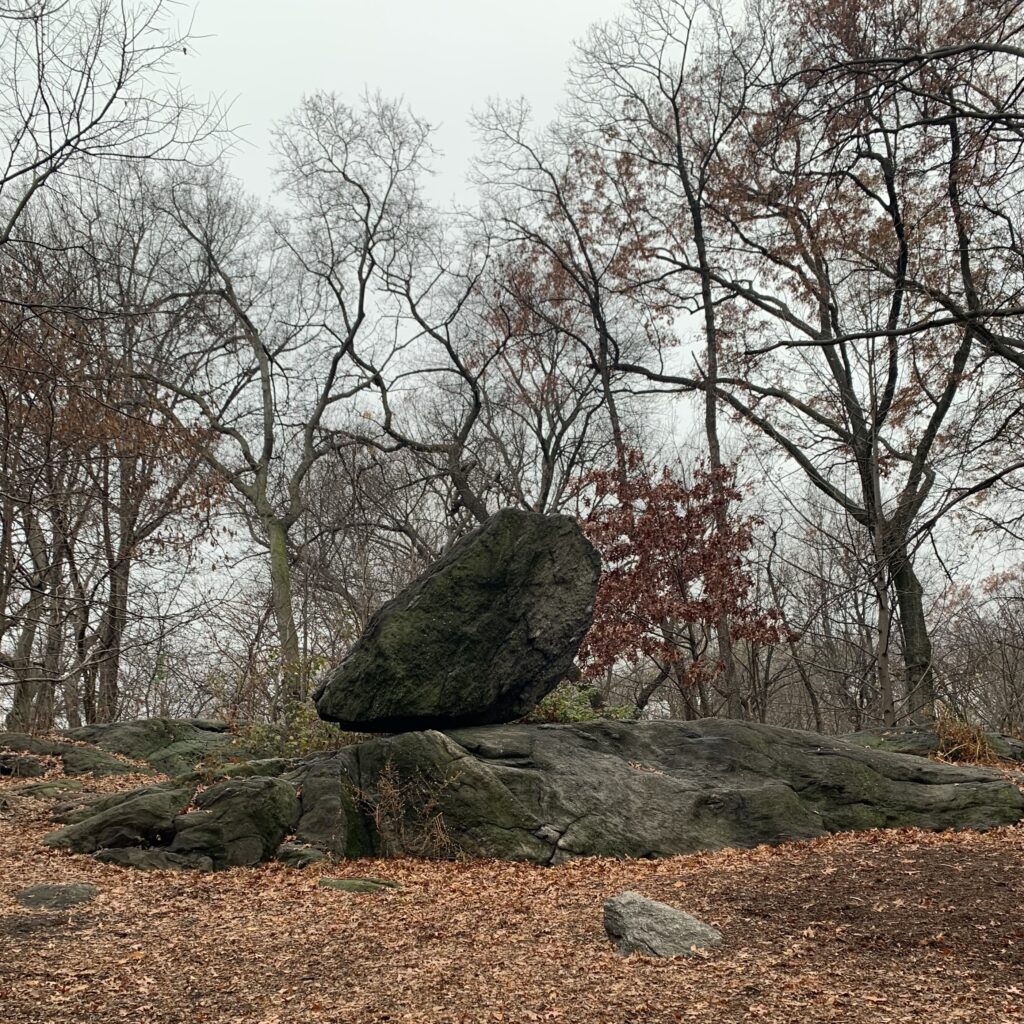For logistical reasons related to parenting obligations and medical appointments, I spent a few days earlier this week in the city, revisiting one of the particular oddities of city life: babysitting a fortuitous parking spot during street cleaning hours. It was my day off (Tuesday), and I’d hunkered down with my Tanakh (Bible), the line between business and pleasure being rather porous when it comes to Torah study. As it happened, I was sitting just outside Ralph’s Coffee, the café housed inside one of the cluster of Ralph Lauren stores that make up the blocks around Madison and 72nd street.
This made for some rather interesting people watching. There was the line that formed, and really only got longer, never shorter, during the 90 minutes of my vigil. Watching this group of very chic adult women (mostly) in their 20s and 30s, waving at someone or something in the storefront window. Also, I’m watching the event flow of the line forming outside, noticing my assumption that it must be tourists, or are they locals? Wondering what they were doing with their time standing in line for $15 cups of coffee. Watching one couple in particular trying to decide just how to angle their cups of coffee on the stoop next door for the perfect Instagram shot. And then noticing my own noticing and my own judginess. Which spellcheck tells me is not a word but it is. You know what I mean.
L’havdil: one of my favorite teachers, Kochin Paley Ellison, wrote a while back about being in Absolute Bagels (another NYC iconic food establishment) when a disturbed and agitated man entered, shouting loudly and demanding a bagel with cream cheese. He described how very calmly one of the men working behind the counter asked him, “What would you like, sir?” and very calmly and compassionately prepared his order for him. How as soon as the agitated man had been served and eaten, he calmed down. How sometimes we rush through all sorts of judgments in our places of discomfort or fear (this man is dangerous! He doesn’t belong in a bagel shop! He is inappropriate! Do something! Get him out!) and we forget to be compassionate. But that actually sometimes all someone needs is to be served a bagel and cream cheese like they asked. Sometimes we’re just hungry and a little agitated.
A few hours later I found myself walking through Central Park, on my way to my next appointment. I cut through the Ramble, and came across the most awe-inspiring rock formation. It stopped me in my tracks. And what did I do? I pulled out my phone and took a picture of it.

And then I laughed. Because here I am judging other people for snapping their coffee and bothering to stand in line for a particular experience, and then what did I do? I stopped in my own tracks and busted out my phone to take a picture… of a rock.
Why do we care about what gives one another pleasure? Why do we – I – come so quickly to judgement, just in watching the world through my own eyes? What is so compelling about assigning value to what we appreciate, and depreciating the value of what others enjoy, or perhaps even treasure?
It’s amazing, actually, the way stopping to take a picture of something might be an expression of wonder, delight, appreciation, gratitude. Perhaps that’s overly generous. Perhaps for some it’s a “look at me” thing, a vying for attention in a selfish way. But maybe… it’s not. Maybe it’s a way of expressing joy and wonder.
Jacob probably would not have taken a picture of his brother Esav, even though – as we read in this week’s parasha (Vayishlach) – they hadn’t seen each other in twenty years. Jacob fled all those years ago after tricking his aged, blind father to give Jacob the blessing Isaac intended for Esav; he and his mother (Rebecca) looked at each other and realized now was a good time to get out of town and maybe go find a wife someplace or something, very far away from an enraged and perhaps violent brother. Two decades later, Jacob is the father of twelve sons and a daughter, a wealthy man with many wives. He has much to lose, when he hears that Esav and 400 armed men are approaching him and his family as they travel unprotected through the desert. It is in that moment that he utters one of the most beautiful prayers in all of Torah: “I am unworthy of all the kindness that You have graced me with. With my staff alone I crossed this Jordan River, and now I have become two camps. Save me, I pray.”
In other words: humility. Katonti, Jacob says: it is translated (by NJPS) as “I am unworthy” but it literally means “I am small.” I am small in the face of all of the grace of God’s world. The cups of coffee. The creative people putting up displays in storefront windows that make us stop in our tracks and want to take a picture, it is so special. Boulders and brothers, even the ones we’ve been fighting with since the day we were born. All of it a form of grace, all of it something wonderous and wonderful. Israeli singer Yonatan Razel put the verse to music after his child recovered from a serious illness. It’s the big things like that but also the little things. It’s the ayin tovah, cultivating “eyes that see good.”
We see the world through our own two eyes (or hands or ears or whatever parts of our bodies allow for us to experience the world). Where we judge, let us admire. Where we externalize, let us internalize. Where we feel fear, let us feel grace. May we be granted good parking spots and walks in the woods, and whisper a prayer for salvation and wonder through it all.
